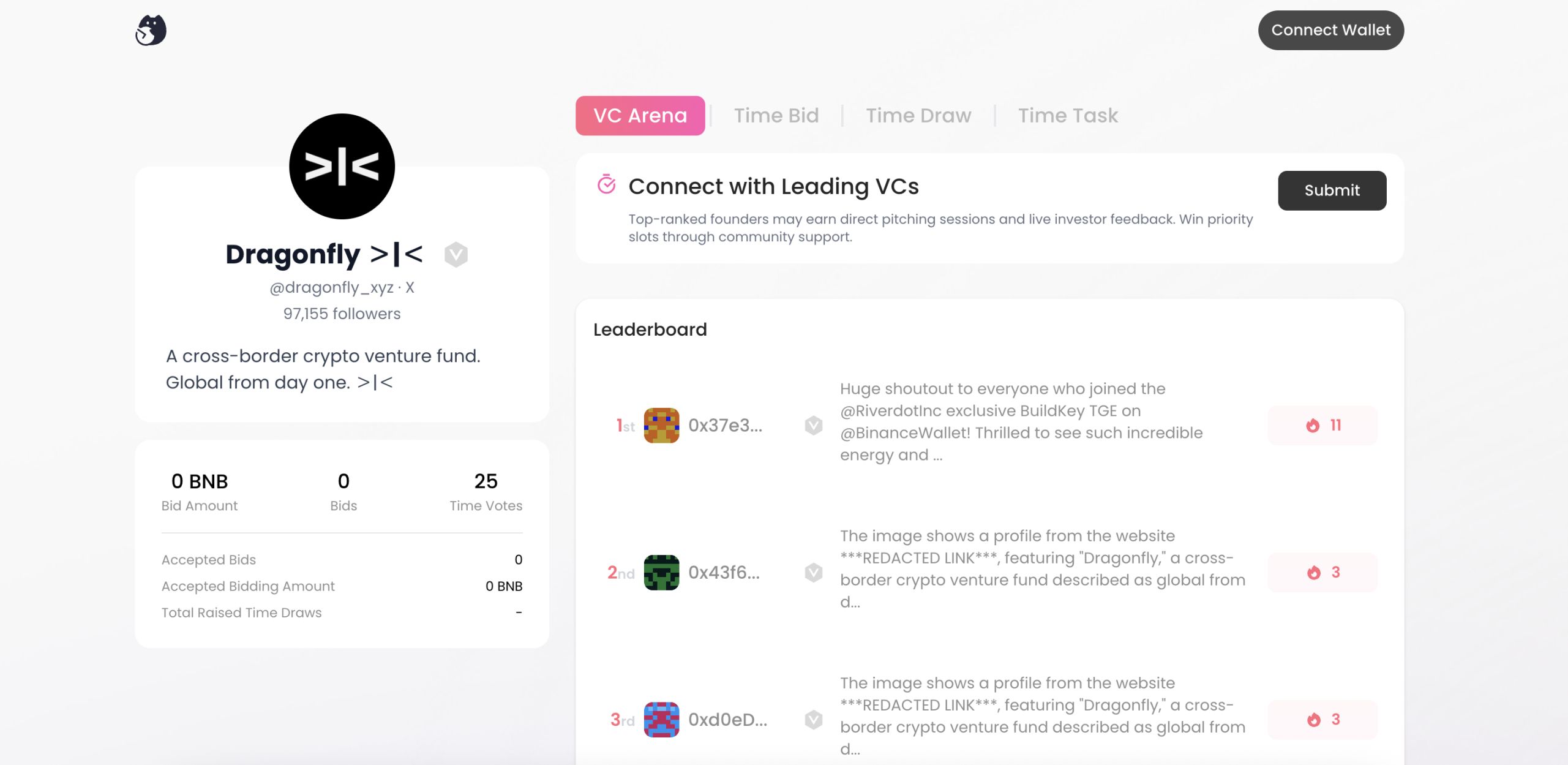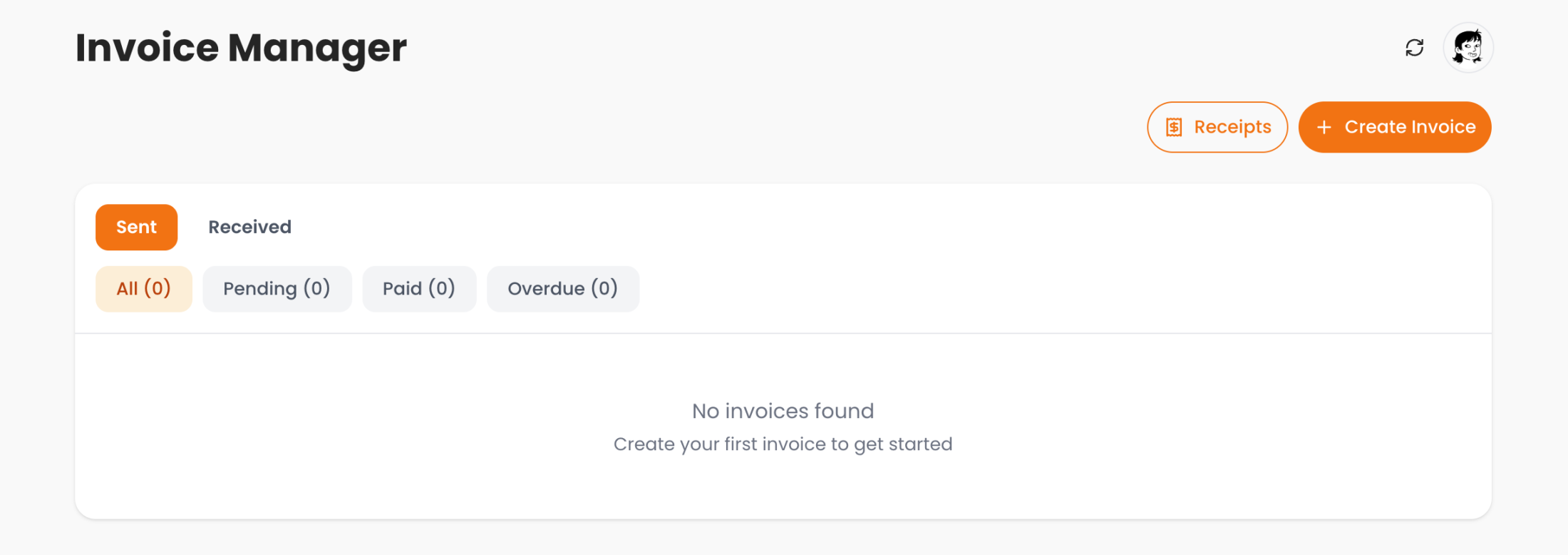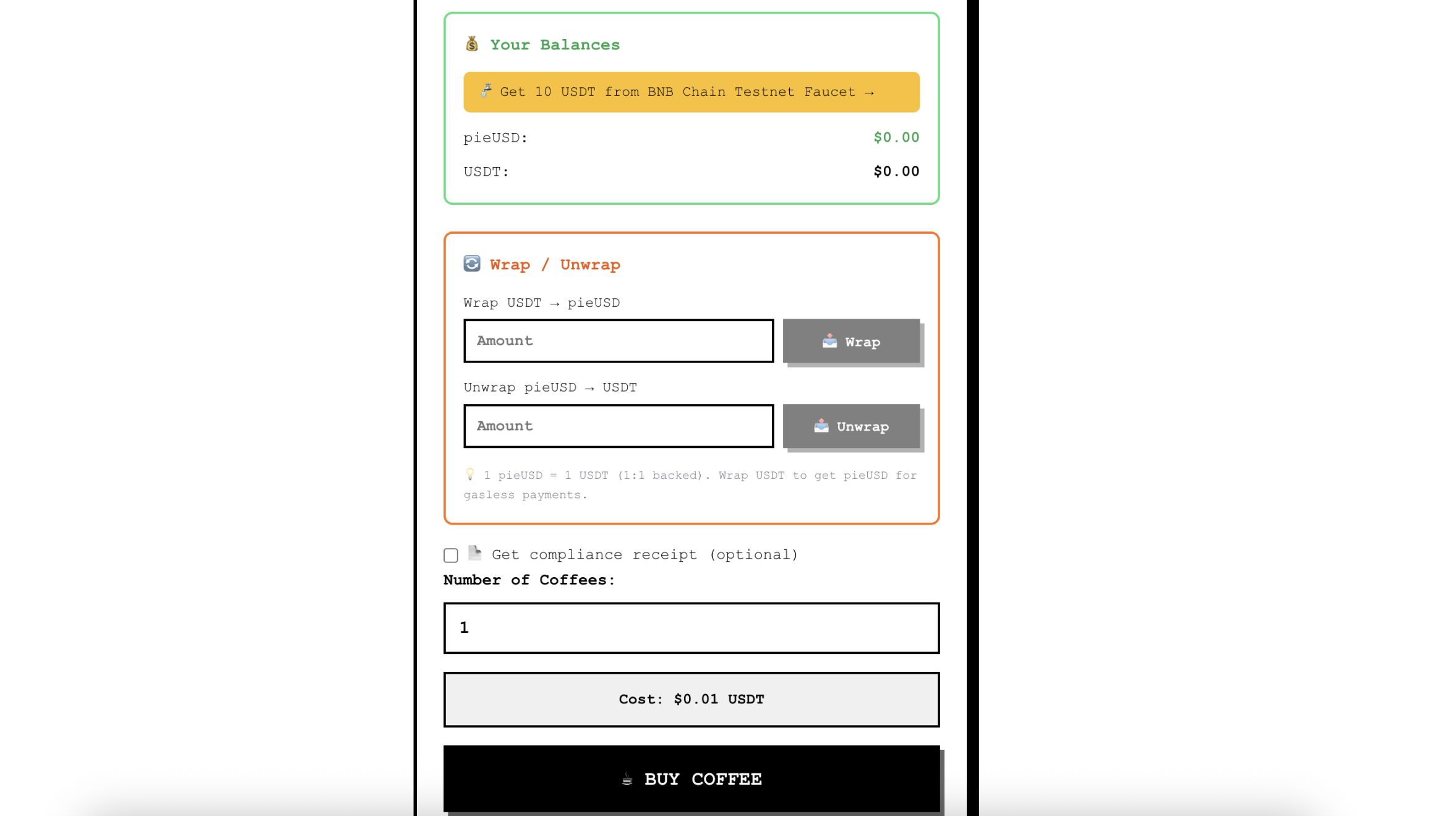What is the background of Pieverse, which caught the x402 trend just before Pre-TGE?
Binance has teamed up with BNB Chain to support its top "flagship project."
Binance and BNB Chain join forces with their “favored child.”
Written by: Eric, Foresight News
x402 has fueled the AI payment narrative, but the fire did not immediately spread to BNB Chain. The main reason is that x402, being very early-stage, only supports the ERC-3009 standard, while stablecoins on BNB Chain, including USDC, do not support this standard.
At this point, Pieverse, a payment protocol that has received continuous support from Binance and BNB Chain since being selected for MVB, stepped up. By launching pieUSD, a USDT-wrapped token supporting the ERC-3009 standard, Pieverse solved the problem of BNB Chain’s inability to support x402. At the same time, it “upgraded” x402, which only supported “payment” functionality, to x402b. Simply put, Pieverse generates verifiable receipts for payments, proving that the payment was a transaction between specific parties, rather than an AI-initiated action.
Binance Wallet will launch Pieverse’s campaign at 4 PM on October 29. By serving the BNB Chain ecosystem, this relatively new project that adds verifiable proof to on-chain payments is enjoying a brief moment in the spotlight in the era of AI payments.
A Protocol Related to “Time”
Pieverse has gone through two stages of development. At its inception, it positioned itself as a “TimeFi” protocol, launching the Pieverse Timepot model, whose core was to use a series of platform mechanisms to help people or resources that require time to match find their targets more quickly.
Pieverse’s initial three products included Time Bid, Time Draw, and Time Task. Time Bid allowed users to bid for professionals’ time, and Pieverse would verify the professionals’ credentials through platforms like LinkedIn. Successful bidders could communicate directly with professionals via Zoom and other tools. Time Draw offered opportunities to interact privately with investors, traders, or celebrities through a lottery system. Time Task provided a platform for anyone to post needs and offer services.
To put it simply, this was an intermediary platform, and the attempt to forcibly tie it to the concept of time seemed rather far-fetched. Currently, although these three products are still running, they appear to have lost all activity. Later, Pieverse’s VC Arena gained some attention by using the above mechanisms to connect VCs with startup teams, meeting some real needs.

Perhaps realizing the issues with its design approach, Pieverse shifted direction and launched a more financialized and engaging product: Time Challenge.
Essentially, Time Challenge turns daily commitments into structured, time-limited challenges with real financial risk. Whether it’s fitness goals, productivity targets, or personal milestones, users can create or join challenges, lock in risk, and receive rewards based on the outcome.
There are two types of challenges. Prediction Challenges require participants to set a goal and bet a certain amount, while other users can bet on whether the challenger will achieve the goal within the set time. The winner receives the bets from both the challenger and those who predicted incorrectly. Commit Together involves a group of people with the same goal, each betting the same amount on themselves to complete the goal. Those who succeed split the money from those who fail.

It’s often said that when personal interests align with collective interests, individuals are motivated. This game, where everyone supervises each other and agrees to achieve a goal together, becomes unexpectedly exciting when real money is involved. The number of participants proves this point. Although many subsequent activities involved Web3 projects setting challenges for completing certain tasks, these scenarios are indeed much more interesting than the previous ones.
Pivoting to Payments at the Right Time
On the 9th of this month, Pieverse announced the launch of its payment tool, Pieverse Timestamping. Unlike most payment tools, Pieverse leveraged its previous experience with “timing” to automate invoice creation, stablecoin payments, and the generation of receipts compliant with local legal and tax requirements. Each transaction is paired with an on-chain timestamp, creating immutable and verifiable proof of payment.

At least for now, pivoting to payments seems to be the right decision. Less than two weeks after announcing the new product, x402 began making headlines across major tech media, and Pieverse was able to use its newly launched Timestamping to add a verifiable component to x402 and launch a testnet, allowing BNB Chain, which previously lacked ERC-3009 token support, to leapfrog ahead.

The general process for transactions using x402b is as follows:
- Client to resource server: Send an HTTP request with an X-PAYMENT header containing payment + optional compliance metadata.
- Resource server to Facilitator (infrastructure provider for “on-chain gasless payment + verification + settlement”): Verify signature and initiate settlement via /settle.
- Facilitator to blockchain: Use the user’s signed authorization to call transferWithAuthorization on the pieUSD contract (no gas fee required).
- Facilitator to BNB Greenfield (optional): Generate a compliance receipt and upload it to Greenfield, making the proof immutable and auditable.
- Facilitator to resource server and then to client: Return a standard x402 response, optionally including the Greenfield receipt URL.
In short, a single payment process includes user signature, service provider submission, and BNB Greenfield proof storage, pushing the development of x402 on BNB Chain a big step forward. It also successfully attracted market attention before the token launch.
A Web3-Native Chinese Team
Currently, the only publicly disclosed Pieverse co-founder is Colin Ho, who appears in funding press releases, but there is little additional information. However, three people associated with Pieverse on LinkedIn already show a strong Web3 native background.
Chief Marketing Officer David Chung previously worked on user experience and copywriting at Paxful, a US-based bitcoin peer-to-peer trading platform. H Fran, who claims to be a “core contributor,” previously worked in investment at Hony Capital and later had his startup acquired by Alibaba. Another co-founder, Junjia He (most likely the technical lead), was a software engineer at Uber, joined QuarkChain as an engineer in 2018, and led DeFi projects such as stablecoins, DEXs, and lending markets in addition to researching blockchain scaling via sharding.
In April this year, Pieverse was selected for the ninth season of BNB Chain’s Most Valuable Builder (MVB) program. Just last week, Pieverse officially announced the completion of a $7 million strategic funding round led by Animoca Brands and UOB Ventures, with participation from 10K Ventures, Signum Capital, Morningstar Ventures, Serafund, Undefined Labs, and Sonic Foundation.
From being chosen by the BNB ecosystem to pivoting to payments, securing funding, and helping BNB Chain support x402, Pieverse has consistently moved at the right pace. If the market enthusiasm for AI payments and x402 continues for some time, Pieverse may once again “catch the wave” when it comes to token launch.
Disclaimer: The content of this article solely reflects the author's opinion and does not represent the platform in any capacity. This article is not intended to serve as a reference for making investment decisions.
You may also like
Bitcoin: The Cornerstone of the New Digital Civilization

Is the Halving Myth Over? Bitcoin Faces Major Changes in the "Super Cycle"

Gain Insight into Cryptocurrency’s Promising Future for 2026
In Brief The next major crypto bull cycle will start in early 2026. Institutional investors and regulation drive long-term market confidence. Short-term shifts show investors favoring stablecoins amid volatility.

